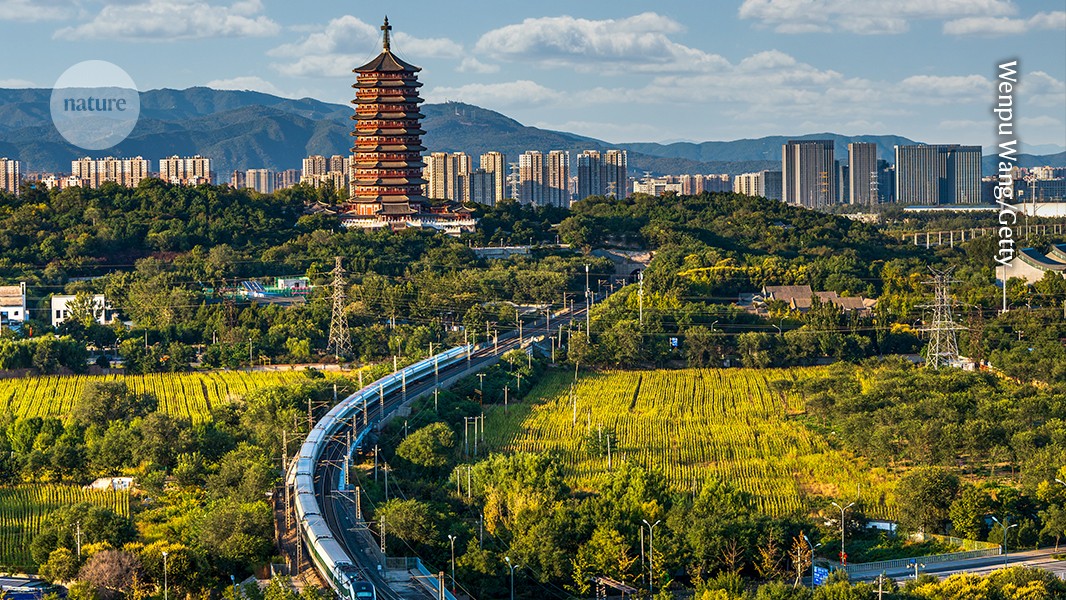
"What if there were a technology that could help to reduce greenhouse-gas emissions, air pollution and environmental degradation, while improving health, reducing social inequality and boosting economic growth? There is, and this month it turns 200. The opening of the Stockton and Darlington Railway in northeast England on 27 September 1825 is generally considered to be the birth of the modern railway - an event that set in motion a revolution in human mobility and social organization."
"Despite prominent investments in high-speed rail in Japan, China and parts of Europe, the overall length of networks in many countries has declined as conventional lines deemed unprofitable have been cut. Meanwhile, rail transport is a low priority in many low- and middle-income countries, where networks are sparse or non-existent. The entire African continent, for example, has just 87,000 kilometres of rail. By contrast, India has at least 65,000 kilometres, and a land surface area just one-tenth of the size."
Railways can reduce greenhouse-gas emissions, cut air pollution and environmental degradation, improve health, reduce social inequality and boost economic growth. The modern railway originated with the Stockton and Darlington opening in northeast England on 27 September 1825 and catalysed transformations in mobility and social organization. Rail expansion was rapid historically, but since the mid-twentieth century growth slowed and road and air travel overtook rail. Rail's freight share fell from 38% in 1980 to 24% in 2017, and EU passenger kilometres in 2022 were 8.4% by rail versus 73% by car. Many conventional lines have closed, and networks remain sparse in low- and middle-income countries, necessitating renewed policy and research to support a rail renaissance.
Read at Nature
Unable to calculate read time
Collection
[
|
...
]